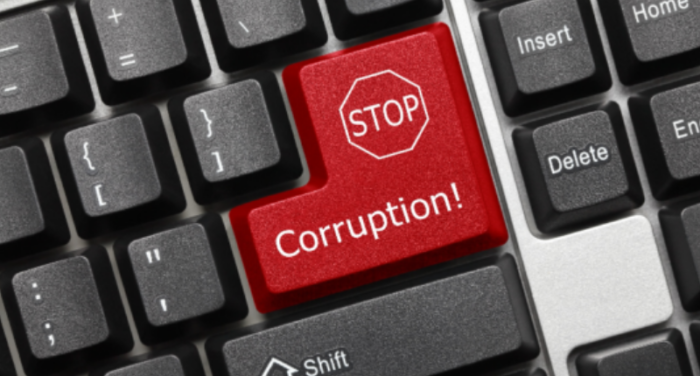A shipping industry anti-corruption project, led by the private maritime sector and Nigerian authorities, has been completed with positive outcomes. The project aimed for port calls without demands for in-kinds payments, harassment or the threat of illicit delays.
Shipping is vulnerable to corruption as it involves operations in different parts of the world. Corruption adds 10% to the cost of doing business globally and is fundamentally detrimental to economic development, according to the World Bank.
Nigeria is one of the most challenging countries to do business in with unlawful demands commonplace. For shipping, there are numerous steps in the vessel clearance process which lead to inefficient operations and increase the opportunity for illegitimate demands in ports. As an example, an analysis carried out by the Maritime Anti-Corruption Network and UN Development Programme concluded that it can take more than 140 signatures to get a vessel or cargo cleared by the local authorities.
Unlawful demands put a huge risk on vessel crew and shipping companies. Cases of extortion, harassment and threats of violence are, unfortunately, not uncommon…It is of upmost importance for the shipping sector that trade and port calls are free from any illicit demands that cause iniquitous delays and stressful situations for the crew,
…says Maria Skipper Schwenn, Executive Director, Danish Shipping.
The Maritime Anti-Corruption Network has been active in Nigeria for several years and has been able to push for improvements in ports processes. With funding from several donors the network has been able to develop a platform of tools to improve the port environment. These tools have been tested in Nigeria with positive feedback and have been further enhanced by an integrity training kit for port officials.
In particular, MACN launched its first collective action project in Nigeria in partnership with UNDP in 2012. The project, funded by Danida, the Danish Maritime Fund, Orient Foundation and Lauritzen Foundation, involved stakeholders such as the National Ports Authorities, the maritime industry and the Customs Service. Danish Shipping was responsible for the contact with donors and the financial governance.
Working with local authorities since 2012, MACN strengthened integrity across six Nigerian ports, and the project has delivered and contributed to a number of key achievements since its inception. These include:
- Developed new harmonized port call and vessel clearance procedures (SOPs), and governance guidelines across all ports in Nigeria and government authorities;
- Disseminated port call and vessel clearance procedures through an E-governance portal (Port Service Support Portal);
- Implemented a port sector grievance mechanism hosted by Nigerian Shippers Council (acting as the economic regulator of the ports), giving industry players and external stakeholders a reporting channel to escalate corrupt demands;
- Supported the development and implementation of anti-corruption policies across port sector authorities;
- Implemented integrity train-the trainer’s module for 1000 local stakeholders (private and public sector);
A recent survey of shipping companies calling at ports in Nigeria has demonstrated that the anti-corruption project had a positive effect on the operating environment in the country. Shipping companies have periodically achieved a zero-tolerance approach to corrupt demands without threats or delays in Nigeria.
However, our work in Nigeria is not finalized. We must still ensure the tools and procedures are both used by the shipping industry and implemented in the ports. Together with the Nigerian authorities and our local partner we have built a solid platform, and we are eager to continue to push for a positive change in Nigeria. The lessons learnt here and the toolkit we have developed can also be applied globally to combat corruption in other hot-spot locations,
…adds Cecilia Müller Torbrand, Director of the Maritime Anti-Corruption Network.
Explore more by reading the following report:































































